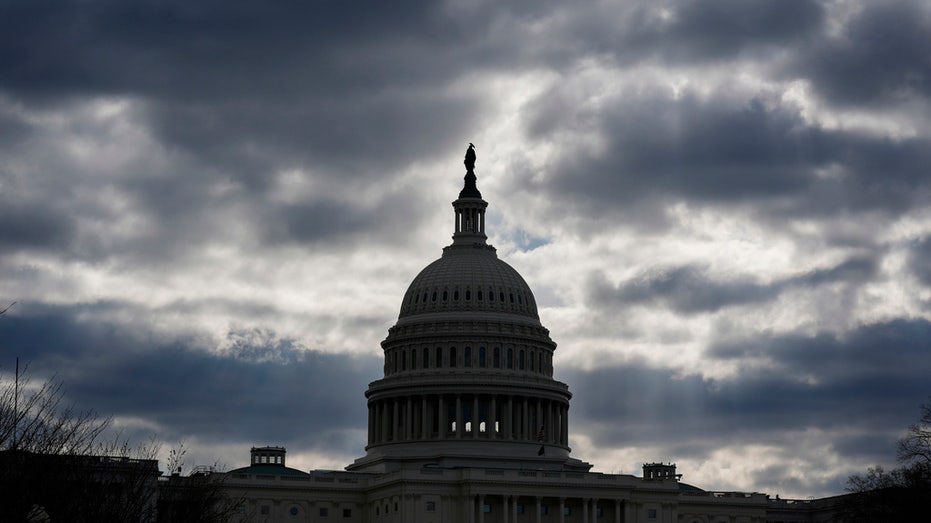For thirty-five days, the gears of government have ground to a halt, but a subtle shift has occurred on Capitol Hill. While a grand resolution remains elusive, the first signs of movement have emerged, hinting at a potential, though fragile, path forward.
Senate Republicans are quietly engaging with Democrats, attempting to refine a temporary spending bill already passed by the House. The aim is to extend government funding, potentially through late January, but the exact date remains a crucial point of negotiation.
This isn’t about healthcare debates or policy riders; it’s a focused attempt to simply keep the government operating. The challenge lies in securing enough votes – a minimum of sixty in the Senate – to overcome a potential filibuster.
The pivotal question isn’t *if* they can pass a bill, but *what* will compel enough Democrats to cross the aisle. Is it a firm commitment to address healthcare subsidies? Or a promise to tackle the remaining, unresolved spending bills?
Unlocking this impasse feels like solving a complex puzzle, and the key lies in finding that single, persuasive incentive. Without it, the shutdown continues to grip the nation.
If the Senate reaches an agreement, the bill would then return to the House, potentially marking the first vote there since September 19th. A swift alignment between the chambers could follow, possibly by the weekend.
Intriguingly, some House Democrats might defy their leadership and support the measure, particularly if it lacks the stringent conditions demanded by their leaders. This echoes a similar scenario from earlier this year.
This potential outcome could see Senate Democrats inadvertently upsetting their more liberal counterparts in the House – a delicate and politically charged dynamic. Despite their resistance, Democrats risk achieving minimal gains from this prolonged standoff.
A palpable anxiety is spreading among Democrats, especially moderates, and even some Republicans. The consequences of the shutdown are becoming increasingly dire, fueling a growing sense of urgency.
Concerns range from disruptions to vital programs like SNAP to potential risks in aviation safety, alongside the broader damage to the economy and the hardship faced by furloughed workers and those without paychecks. The stakes are undeniably high.
Today represents the first genuine momentum in over a month, a flicker of hope in a prolonged stalemate. However, the path to resolution remains uncertain, and a crisis may be the only catalyst for decisive action.
Ultimately, it comes down to numbers. The political arithmetic is complex, and as of now, the right combination of votes to break the deadlock remains elusive.






